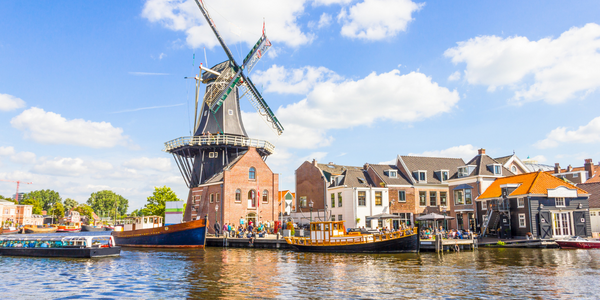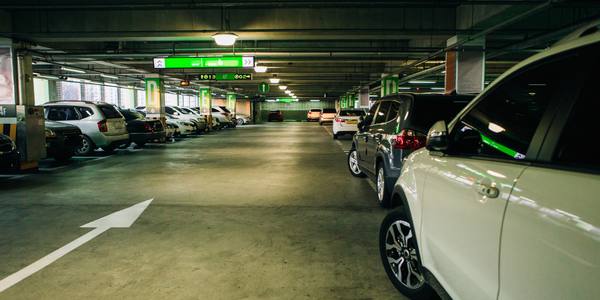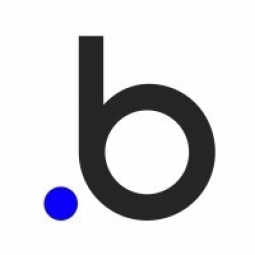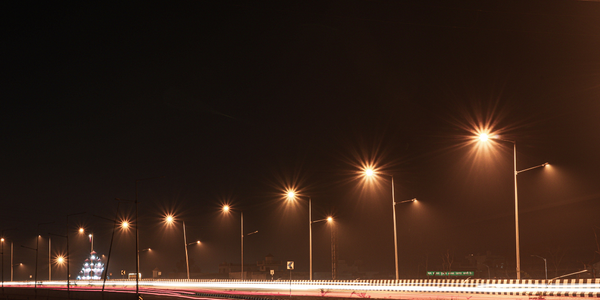下载PDF
GigCompare: Empowering Gig Workers with Earnings Transparency
技术
- 基础设施即服务 (IaaS) - 云数据库
- 平台即服务 (PaaS) - 应用开发平台
适用行业
- 水泥
- 城市与自治市
适用功能
- 产品研发
用例
- 楼宇自动化与控制
- 智慧城市运营
挑战
包括 Uber 等服务以及 DoorDash 和 Instacart 等配送平台在内的零工经济一直在快速增长。然而,零工工人往往很难了解他们的每小时净收入,尤其是在考虑了汽油和车辆折旧等费用之后。在许多城市,零工工人扣除费用后的收入低于当地最低工资,而 COVID-19 大流行进一步压低了各个平台上许多工人的工资。主要的挑战是缺乏一种工具可以帮助零工工人估算他们的每小时净收入并将其与所在城市的其他零工工人进行比较。
关于客户
GigCompare 主要为零工工人提供服务,他们是不断增长的零工经济的一部分。其中包括 Uber 等叫车服务的司机以及 DoorDash 和 Instacart 等平台的送货人员。该应用程序对这些工人特别有利,因为它可以帮助他们了解自己的薪酬结构并将他们的收入与所在城市的其他零工工人进行比较。通过提供每小时净收入的明确估计,GigCompare 使零工工人能够就其工作做出明智的决定,并有可能协商更好的薪酬。
解决方案
GigCompare 是 Charlie Kemp 开发的一款应用程序,它通过让零工工人更容易估算他们的每小时净收入来解决这一挑战。该应用程序要求零工工作者输入最近工资单中的一些详细信息、他们所在的城市以及他们工作的应用程序。然后,GigCompare 使用此信息通过其数据库中跟踪的费用平均值/基准来计算每小时净利润估算。然后,用户可以将他们估计的每小时收入与最低工资以及 GigCompare 对所在城市零工平均收入的估计进行比较。该应用程序是在 Bubble(一个无代码平台)上构建的,这使得 Kemp 在不到两周的时间内将他的设计模型转变为一个可运行的应用程序。
运营影响
数量效益
相关案例.

Case Study
Turning A Stadium Into A Smart Building
Honeywell created what it called the “intelligent system” for the National Stadium in Beijing, China, turning the venue for the opening and closing events at the 2008 Summer Olympics into a “smart building.” Designed by highly controversial artist Ai Weiwei, the “Bird’s Nest” remains one of the most impressive feats of stadium architecture in the world. The 250,000 square meter structure housed more than 100,000 athletes and spectators at a time. To accommodate such capacity, China turned to Honeywell’s EBI Integrated Building Management System to create an integrated “intelligent system” for improved building security, safety and energy efficiency.

Case Study
System 800xA at Indian Cement Plants
Chettinad Cement recognized that further efficiencies could be achieved in its cement manufacturing process. It looked to investing in comprehensive operational and control technologies to manage and derive productivity and energy efficiency gains from the assets on Line 2, their second plant in India.
.png)
Case Study
Smart Street Light Network (Copenhagen)
Key stakeholders are taking a comprehensive approach to rethinking smart city innovation. City leaders have collaborated through partnerships involving government, research institutions and solution providers. The Copenhagen Solutions Lab is one of the leading organizations at the forefront of this movement. By bringing together manufacturers with municipal buyers, the Copenhagen Solutions Lab has catalyzed the development and deployment of next-generation smart city innovations. Copenhagen is leveraging this unique approach to accelerate the implementation of smart city solutions. One of the primary focus areas is LED street lighting.

Case Study
Buoy Status Monitoring with LoRa
The Netherlands are well-known for their inland waterways, canals, sluices and of course port activities. The Dutch Ministry of Infrastructure indicates that there are thousands of buoys and fixed items in and near water environments that would profit from IoT monitoring. One of the problems with buoys for example, is that they get hit by ships and the anchor cable breaks. Without connectivity, it takes quite some time to find out that something has happened with that buoy. Not to mention the costs of renting a boat to go to the buoy to fix it. Another important issue, is that there is no real-time monitoring of the buoys at this moment. Only by physically visiting the object on the water, one gains insight in its status.

Case Study
China Mobile Smart Parking
Smart Parking, powered by NB-IoT technology, is making it easier for drivers to find free parking spots. Cities can better manage their parking assets and maximize the revenue available to them as a result. Drivers searching for parking create congestion and pollution by circling and hunting for available parking. Smart Parking services are able to significantly ease these problems by guiding a driver directly to a parking space.






